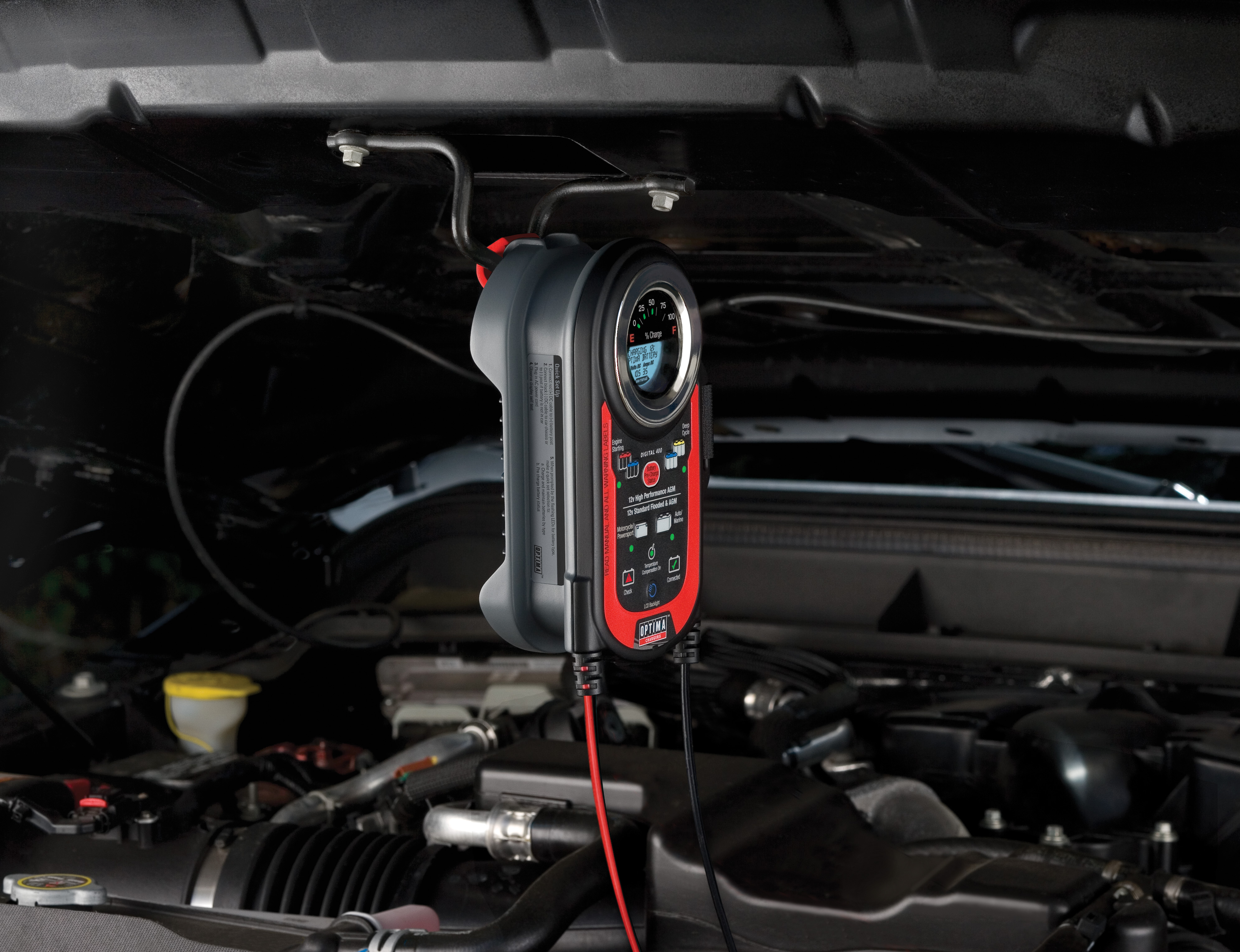How Can I Preserve My Car Battery When Not In Use?

- Sponsor
- OPTIMA Batteries
- Location
- Milwaukee, WI


The weather is getting nicer by the day and as it does, we begin to think about taking our toys out for the summer, if we haven't already. Is your battery ready to take on the summer? If you've properly-maintained your battery over the winter months with a quality battery maintainer, the answer is likely, "YES!" If not, read on and we'll do our best to get you on the road or in the water and ready for fun!
Even if you don't have access to electricity where you store your car, truck, or boat, just fully-charging your battery and disconnecting it from your vehicle puts you way ahead of the masses who park it and forget about it, often leaving behind a partially-discharged battery that will only further discharge over the winter months. If that sounds like something you've done, we'll do our best to help you get back on track.
The first thing you should do is measure the voltage of your battery at the terminals. Fully-charged, REDTOPs (and 34M BLUETOPs) will measure approximately 12.6-12.8 volts, while YELLOWTOPs (and all other BLUETOPs) will measure approximately 13.0-13.2 volts.
Most alternators are designed to maintain batteries, so if your battery needs to be recharged, do it before you start your engine, by using a battery charger. Asking your alternator to recharge a deeply-discharged battery can lead to a cycle of dead batteries and jump-starts, until either your battery or alternator fails.
Some battery chargers will not recognize or charge batteries that have been discharged below a preset voltage level (usually around 10.5 volts). If that sounds like your battery, you may need to recharge it by using the parallel charging method described in this video:
Once you have fully-charged your battery, make sure you maintain proper voltage whenever possible. Whenever batteries are discharged below 12.4 volts, sulfation begins to form in the battery, diminishing both capacity and lifespan. That is why we always recommend a quality battery maintainer for any battery that doesn't see regular use (we're talking to you, weekend cruisers).
Fishermen can also easily discharge their trolling motor batteries below 12.4 volts in an afternoon on the water, so make sure to fully-charge your batteries as soon as you come off the water, versus waiting until the day before (or day of) your next fishing trip.
Have fun and be safe this summer!
